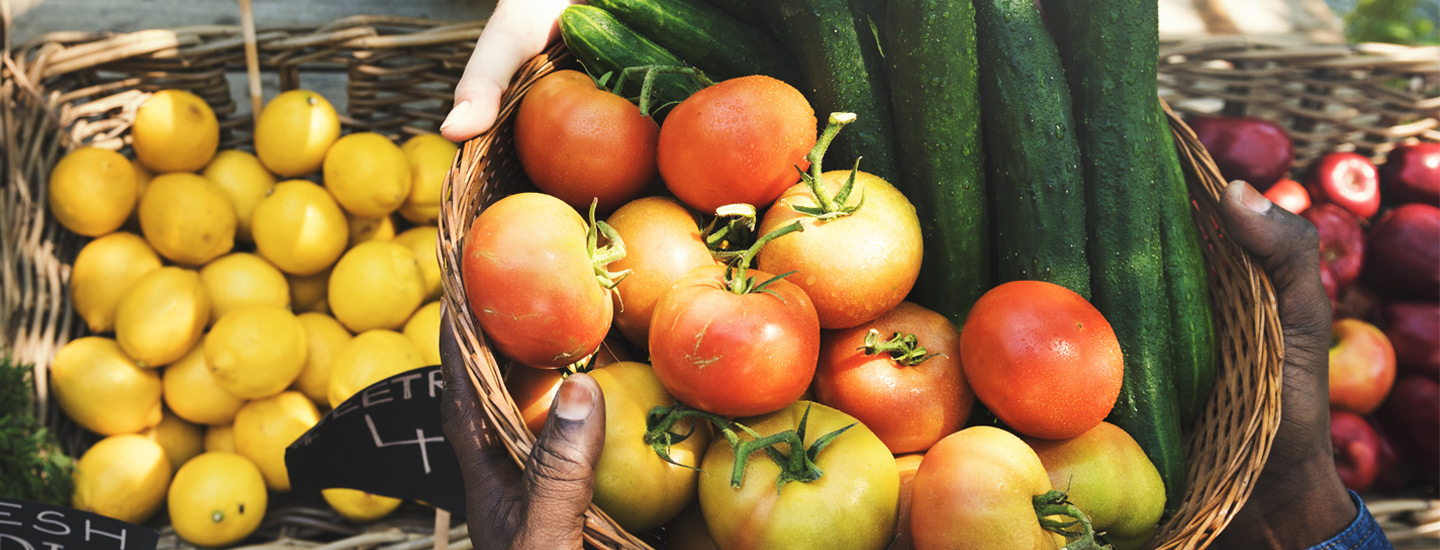
Noble Citrus and Feeding Florida have worked together for years, providing excess tangerines, a vitamin-rich, nutritious fruit, to the food insecure families our food banks serve. Our partnership has grown into the ability to plan product loads, becoming part of the production that ensures this healthy food will reach the tables of those who need it most. We chatted with Adam about this long-standing relationship, asked him to help us explain the Famers Feeding Florida program from a grower’s perspective, and detailed why supplying product to the charitable network means so much to Noble Citrus and the Roe family.
Read Full News PostThere are many things we can negotiate in life when we don’t have enough financial resources. Food is not one of those things. Every person needs access to nutritious food, and they need it every day. This is true especially during vulnerable times.
Read Full News PostFlorida Politics recently spoke with Noble Citrus Director of Procurement Adam Roe about the company’s partnership with Feeding Florida, a statewide food bank network.
Read Full News PostFlorida Nutrition Education, a program of Feeding Florida and in partnership with the Florida Department of Children and Families, aims to provide SNAP Nutrition Education in every county in the state. As the food banks developed and launched their programs, they created innovative ways to reach families, used specialized curriculum to help teach about cooking and nutrition, and provided valuable information about cost saving, nutrition labels, and more. We’re proud of the hard work the nutrition education teams at each food bank have taken on this past year and share the following news clips as a sampling of their innovative and life-changing efforts.
Read Full News PostFeeding Florida hosted its very first network-wide farm tour for food bank procurement staff to visit farmer partners in South Florida counties to learn all about winter harvest and dairy production first-hand. They discussed current and ongoing industry challenges farmers face, learned more about each commodity they produce, and collaborated with one another.
Read Full News PostThe Feeding Florida network of food banks includes more than staff, partners, and donors. The unsung heroes of our work are the selfless and dedicated volunteer force that make our food banks’ missions possible. We celebrate these incredible volunteers who have made a significant impact on the communities we serve. It is an inspiration to our entire team to witness individuals from various backgrounds and walks of life come together to contribute their time and energy toward fighting hunger.
Read Full News PostWe have seen first-hand the sustainable measures Florida farmers and ranchers take to maintain our natural resources while preserving them for future generations. Southern Hill Farms took environmental stewardship very seriously and looked into innovative ways to irrigate the land and deal with the farm’s sandy terrain. They began implementing BMPs like drip irrigation to deliver water and fertilizer in precise amounts to the plants, preventing runoff.
Read Full News PostNutrition incentive programs like Feeding Florida’s Fresh Access Bucks (FAB) make fresh, local produce affordable and accessible to food insecure and under-resourced Floridians. A healthier Florida is only going to be possible with healthier food options for ALL Floridians. That’s why FAB partners with a network of over 70 farmers, farmers markets, mobile markets and community grocery stores to bring fresh fruits and vegetables to Florida families.
Read Full News PostFeeding Florida’s network has bridged the gap between providing food in-hand and educating people on how to handle that food and lead a healthier lifestyle. Feeding Florida and our food banks have established a robust statewide SNAP Ed program, Florida Nutrition Ed, to provide education and resources to enhance the health and well-being of the state's residents. We interview the Director, Ginnifer Barber, to learn more.
Read Full News PostEvery September during Feeding America’s national effort, Hunger Action Month, we raise awareness about food insecurity and encourage people to take actions to combat hunger in a way that’s accessible and meaningful to them. The Feeding Florida network of food banks works tirelessly to combat hunger with support from partners, community organizations, staff, and generous people willing to help. You can join these ranks and make a difference in your community.
Read Full News Post